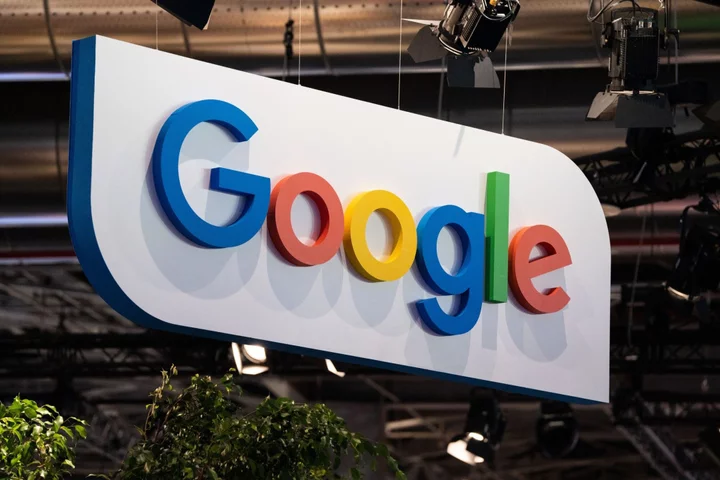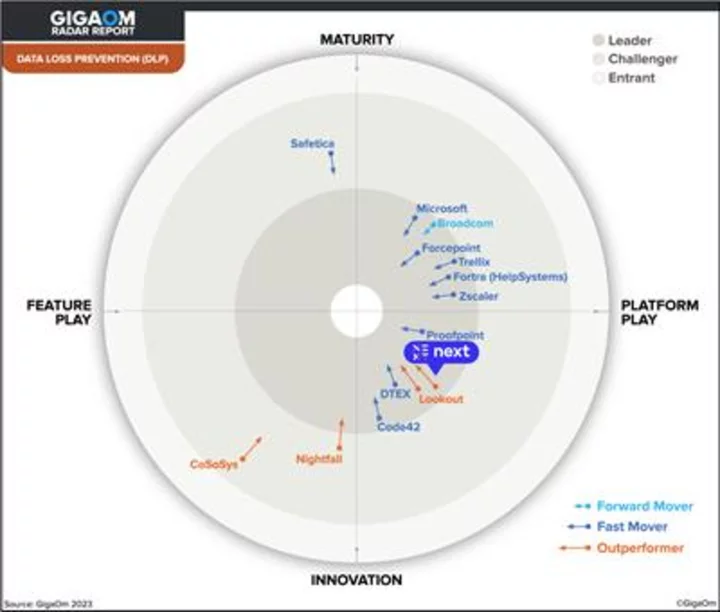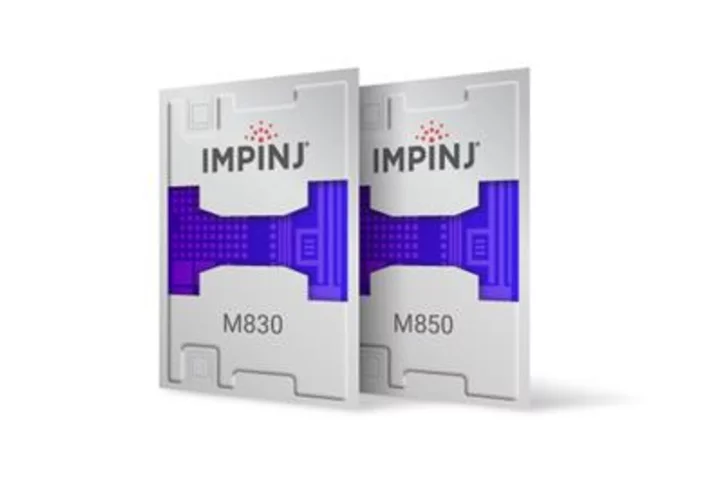Google’s dominance in online search has triggered a regulatory crackdown by South Africa’s antitrust body.
The watchdog determined that Alphabet Inc.-owned Google’s search dominance “distorts platform competition” in favor of large market players. It recommended several remedies focused on improving visibility for smaller South African companies in search results to address this.
“Google has an influence on platform competition because it is where most online journeys start,” said Competition Commission Chairman James Hodge in a media briefing on Monday. “Google does give prominence to paid results, which means that the largest platforms with the biggest marketing budgets can dominate the Google search page.”
Google didn’t immediately respond to requests for comment.
The findings are the result of a broad investigation into Google and other tech platforms operating in South Africa over competition concerns that launched in 2021. The probe also looked at Naspers Ltd.’s Takealot, Uber Eats and Apple Inc.’s App Store.
Africa’s most developed economy joins a number of other large jurisdictions such as the US, Europe and India, in looking at the dominance of Google in search and ad-tech functions.
The watchdog determined that Google must introduce a unit that appears in search results to give more prominence to smaller South African platforms relevant to the search query. It must also make it easier for consumers to identity and support local platforms by adding a flag identifier and search filter for South African companies.
The company must also provide 180 million rand ($10.2 million) in advertising credits and free training for small platforms to use Google’s paid search functions to help with customer acquisition. It must spend 150 million rand to support the performance of small and medium-sized enterprises and black-owned firms in organic results to offset what the watchdog described as the “competitive disadvantages faced on Google search.”
It follows a similar probe of South Africa’s mobile operators, which resulted in the competition commissioner telling dominant wireless carriers such as MTN Group Ltd. and Vodacom Group Ltd. to lower their prices in late 2019.









